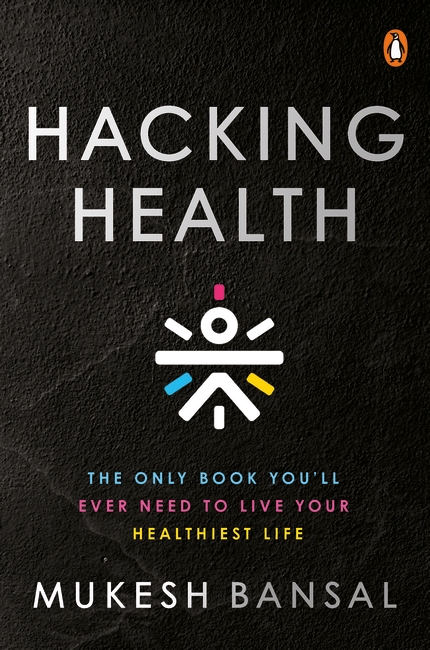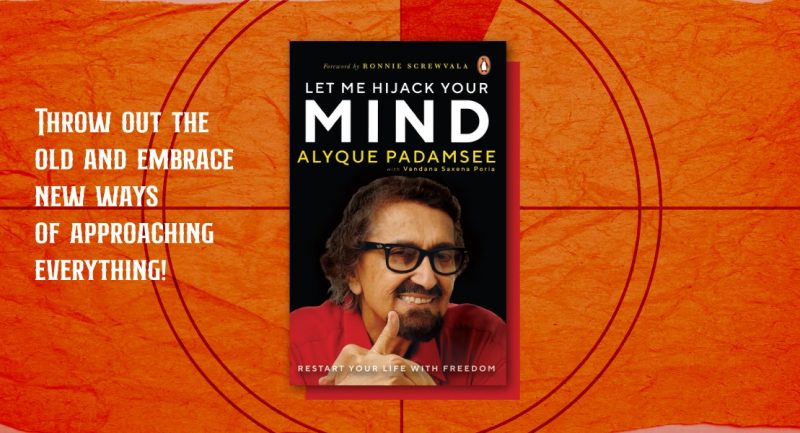

Hacking Health
Mukesh Bansal
A Code for A Balanced Diet
There is a lot of debate about what is a balanced diet and there have been numerous revisions to the ideal food pyramid, but if you can follow these simple guidelines, you will get all the nutrition that you need:
Ensure that you get the majority of your calories from plant-based sources like fruits, vegetables, nuts and seeds, legumes and grains. While fruits and vegetables will provide high quality energy and essential micronutrients, nuts and seeds are packed with healthy fats and proteins.
As children, we were berated for not eating our green leafy vegetables, and for good reason. Greens, along with other brightly coloured vegetables like beets, carrots and pumpkins, are packed with all kinds of nutrients, digesting slowly to provide energy for a long time after meals.
Incorporate healthy fats that come from ghee, coconut oil, various nut and seed oils, as well as vegetable fat sources like avocado and olive oil. Avoid refined and processed fats such as vegetable oils, margarine and light butter spreads, as well as deep-fried foods, since the cooking process results in the generation of trans fats that can be carcinogenic.
Instead of relying only on wheat and rice, get your carbohydrates from diverse sources to make your meals multigrain. Rather than buying multigrain atta, whose ingredients you have no control over, choose grains such as jowar, bajra, makkai, buckwheat, brown rice, ragi, amaranth and quinoa, among several other options.
Pulses and legumes, including the dals or lentils so common in an Indian kitchen, as well as chickpeas, black-eyed peas and other beans, are nutrient-rich and a great source of both complex carbohydrates and proteins. Boiled or sprouted pulses are a great addition to any diet.
Avoid all kinds of processed foods and sugary drinks like the plague. These are just empty calories that offer no benefits. You might have a dessert or a sweetened drink to celebrate an occasion, but they cannot be part of your everyday diet.
Black coffee and all kinds of white and green teas are full of flavonoids and antioxidants. These also work as appetite suppressants and can be great for your mind. Given that they are stimulants, though, it might be a good idea to avoid coffee and tea after 4 p.m., especially if you have trouble falling asleep.
Local and seasonal foods should be a big part of your diet. Fruits and vegetables are at their nutritious best and full of flavour at the peak of season. One of the best ways to identify what is in season is to visit your local vendor who does not have a freezer or refrigerator, and to pick what seems to be available in abundance and inexpensive.
Spices are densely packed pockets of essential micronutrients and should be liberally used in your food.
Fermented food is a great way to improve the health of the gut. In India, these have been an integral part of our diet, from curd set at home to rice or cooked vegetables soaked overnight in water and pickles. Fermented drinks like kefir and kombucha are also great choices.
Just because you are eating healthy doesn’t mean you should be eating all the time. In fact, don’t be shy about skipping a meal every now and then, to give your gut a much needed break.
**
Get your copy of Hacking Health from Amazon.









